Understanding Intelligent Motor Controllers
Intelligent motor controllers are at the forefront of modern automation and machinery efficiency. These sophisticated devices manage and regulate the operation of motors, which are essential components in a vast array of equipment. By integrating advanced control algorithms, intelligent motor controllers optimize motor performance, ensuring energy efficiency and precise control.
Core Components and Functionality
At the heart of an intelligent motor controller lies its ability to process inputs and outputs that dictate motor behavior. Typically, these controllers consist of a stator, which remains static, and a rotor, which rotates to generate motion. The intelligent controller for dc brushed motor, for instance, modulates power to manage speed and torque, adapting to varying load conditions with ease.
Types and Applications
The versatility of intelligent motor controllers is evident in their wide range of types, each suited to specific applications. From intelligent servo motor controllers that excel in precision machinery to those designed for AC induction motors, the selection caters to diverse industrial needs. Applications span from household appliances like water heaters to complex industrial machinery and even extend to specialized setups such as hydroponic systems.
Features and Advantages
An intelligent motor controller offers numerous features that enhance its functionality. These include programmable operation, real-time monitoring, and fault detection, which collectively contribute to improved reliability and longevity of the motor. The advantages of using such controllers are manifold, including reduced energy consumption, lower operational costs, and the ability to maintain optimal performance under varying conditions.
Material Considerations
The construction materials of motor controllers are chosen for durability and conductivity, ensuring that they can withstand the rigors of continuous operation. With an intelligent controller, the materials also support complex circuitry and heat dissipation, which are crucial for maintaining performance and safety.
Selecting the Right Controller
Choosing the right intelligent motor controller is pivotal. It requires matching the controller's specifications with the motor type, such as 3-phase AC, DC synchronous, or others. The selection process involves understanding the motor's operational parameters and the controller's capabilities to ensure seamless integration and operation within the intended application.


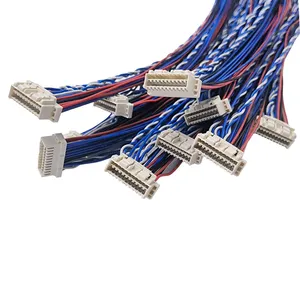












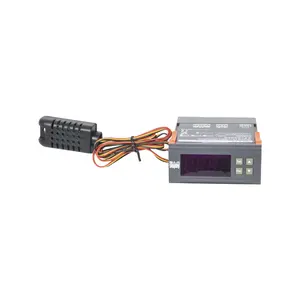


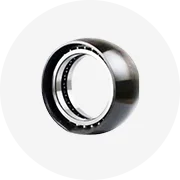

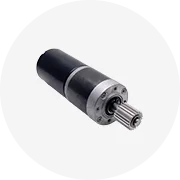


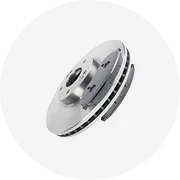










 浙公网安备 33010002000092号
浙公网安备 33010002000092号 浙B2-20120091-4
浙B2-20120091-4